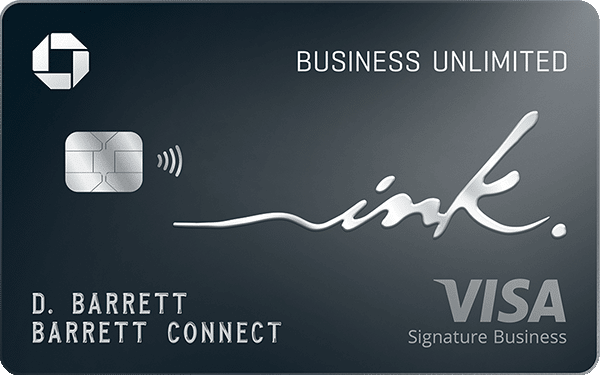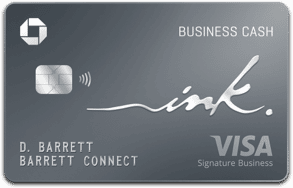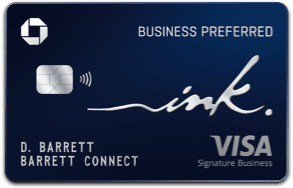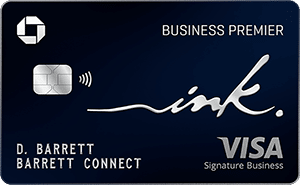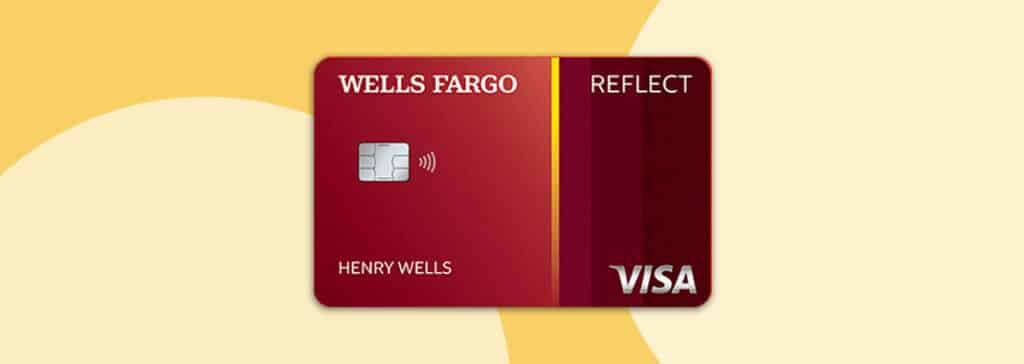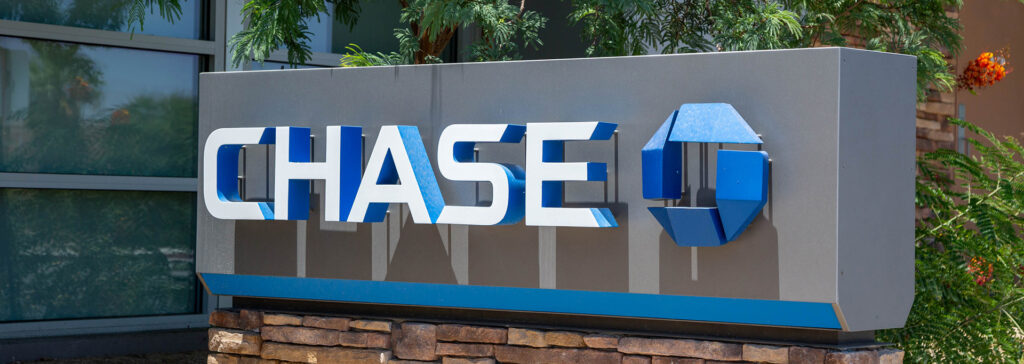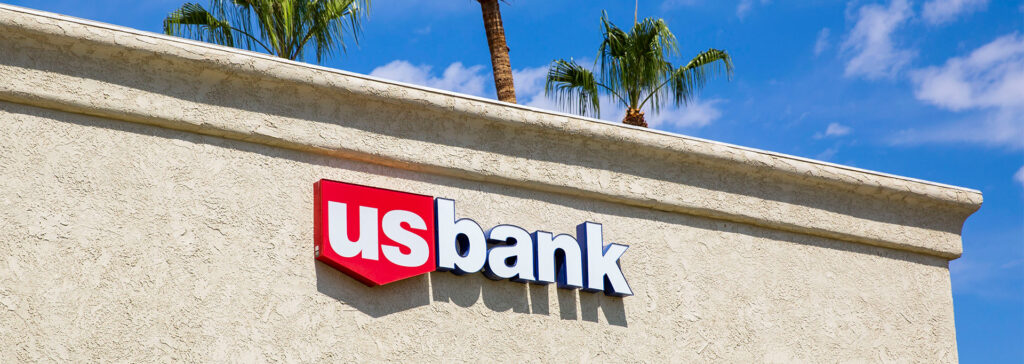Most products on this page are from partners who may compensate us. This may influence which products we write about and where and how they appear on the page. However, opinions expressed here are the author's alone, not those of any bank, credit card issuer, airline or hotel chain. Non-Monetized. The information related to Chase credit cards was collected by Slickdeals and has not been reviewed or provided by the issuer of these products. Product details may vary. Please see issuer website for current information. Slickdeals does not receive commission for these products/cards.
Opening a business credit card account has the potential to make your life as a small business owner easier. Whether you're trying to get a start up off the ground, running a long-established small business or freelancing on the side, a business credit card can be an asset as long as you can pay the bill in full every month.
Here's what you need to know about who's eligible to open a small business credit card, along with several tips on how to qualify and find the right business credit card for you.
Who Can Open a Small Business Credit Card?

If you sell goods or services (including your time) to others, you might be eligible to open a small business credit card. Corporations, limited liability companies (LLCs), partnerships and even sole proprietorships often fit into this category. That means whether you own a brick-and-mortar boutique, run a business from home or drive for a ride share service on the weekends, there's a chance a business credit card might be within reach.
Compare Chase Ink Business Credit Cards
| Credit Card | Intro Bonus | Annual Fee | Rewards Rate | Learn More |
|---|---|---|---|---|
|
|
$750Cash Bonus
Earn $750 bonus cash back after you spend $6,000 on purchases in the first 3 months from account opening. |
$0 |
1.5%Cashback
Earn unlimited 1.5% cash back on every purchase made for your business. The advertised rewards type is cash back, but it’s important to note that you’re technically earning Chase Ultimate Rewards points (which can then be converted to cash back). |
Apply Now |
|
|
$750Cash Bonus
Earn $350 when you spend $3,000 on purchases in the first three months and an additional $400 when you spend $6,000 on purchases in the first six months after account opening |
$0 |
1% - 5%Cashback
Earn 5% cash back on your first $25,000 spent in combined purchases at office supply stores and on internet, cable and phone services each account anniversary year. It also offers you 2% cash back on your first $25,000 spent in combined purchases at gas stations and restaurants each account anniversary year. |
Apply Now |
|
|
90,000Chase Ultimate Rewards Points
Earn 90,000 bonus points after you spend $8,000 on purchases in the first 3 months from account opening. Dollar Equivalent: $1,800 (90,000 Chase Ultimate Rewards Points * 0.020 base) |
$95
This fee includes extra cards for authorized users, such as employees, at no additional charge. |
1x - 3xPoints
Earn 3x points on the first $150,000 of combined spending in a number of key business categories |
Apply Now |
|
|
$1,000Cash Bonus
Earn $1,000 bonus cash back after you spend $10,000 on purchases in the first 3 months from account opening. |
$195 |
Up to 2.5%Cashback
Earn unlimited 2.5% total cash back on purchases of $5,000 or more and unlimited 2% cash back on all other business purchases. |
Apply Now |
How to Qualify for a Business Credit Card
Before you apply for a new business credit card, you may be able to improve your odds of qualifying. The following three steps are good place to start.
1. Check Your Credit
When you apply for a small business credit card, the issuing bank evaluates the risk of doing business with you. Part of that evaluation process usually includes a credit check:
- Most small business credit card issuers check your personal credit reports from Equifax, TransUnion or Experian.
- Your credit score is likely to come into play during the application process too.
- The issuer may also check your business credit report (if you have one)
- They might also check your score from the business credit reporting agencies (such as Dun & Bradstreet, Equifax or Experian).
Reviewing your credit reports before you apply can help you discover if there are any mistakes on your credit report (and you can dispute those errors, if you find them). Checking your credit reports and scores can also help you figure out which business credit cards might be a good fit for you.
Earn More on Your Business PurchasesBest Business Credit Cards
Visit the Marketplace
2. Find the Best Business Credit Card for You
Once you have an idea of where your personal and business credit stands), you can use that information as a guide. Credit card issuers often share basic information about the minimum credit requirements you need to meet to qualify for a new account. If a business credit card issuer requires excellent credit from applicants, you'll know that the card probably won't be a good fit if you have bad credit or no established credit history.
How to narrow down your choices:
- Make a list of several business credit cards you think you're likely to qualify for based on your credit score and other criteria.
- Look for features and benefits that appeal the most to you.
- With rewards business credit cards, look for accounts that are a good match for your company's spending habits.
- If you're not happy with the choices, you could also work to improve your credit score and apply for a better business credit card in the future.
 Related Article
Related Article
6 Best Business Bank Account Bonuses and Promotions (2026)
3. Fill Out an Application
Once you complete the steps above and settle on your preferred business credit card, you may be ready to fill out an application. Be prepared to share some information when you apply:
- Personal identifying information (like your name, Social Security number and date of birth)
- Business name
- Industry
- Business contact information (such as address, phone number and email)
- Annual business revenue
- Years in business
- Personal income
- Business tax identification number (if you have one)
Many credit card issuers let you apply for a business credit card online and receive an instant decision. If you don't receive an instant approval, or even if your application is denied, you might be able to talk to someone in the credit card company's reconsideration department to find out what went wrong and try to plead your case.
Should You Open a Business Credit Card?
It could be worth it for you to open a business credit card thanks to the perks these accounts offer. Opening an account could make it easier to keep your business and personal expenses separate. Plus, business credit cards can help you build business credit and may offer attractive rewards on your everyday business spending.
The key with any credit card—business credit cards included—is to be careful with the account. If you avoid overspending, pay on time and pay your full statement balance month after month, a business credit card has the potential to be a valuable financial tool for yourself and your company.


